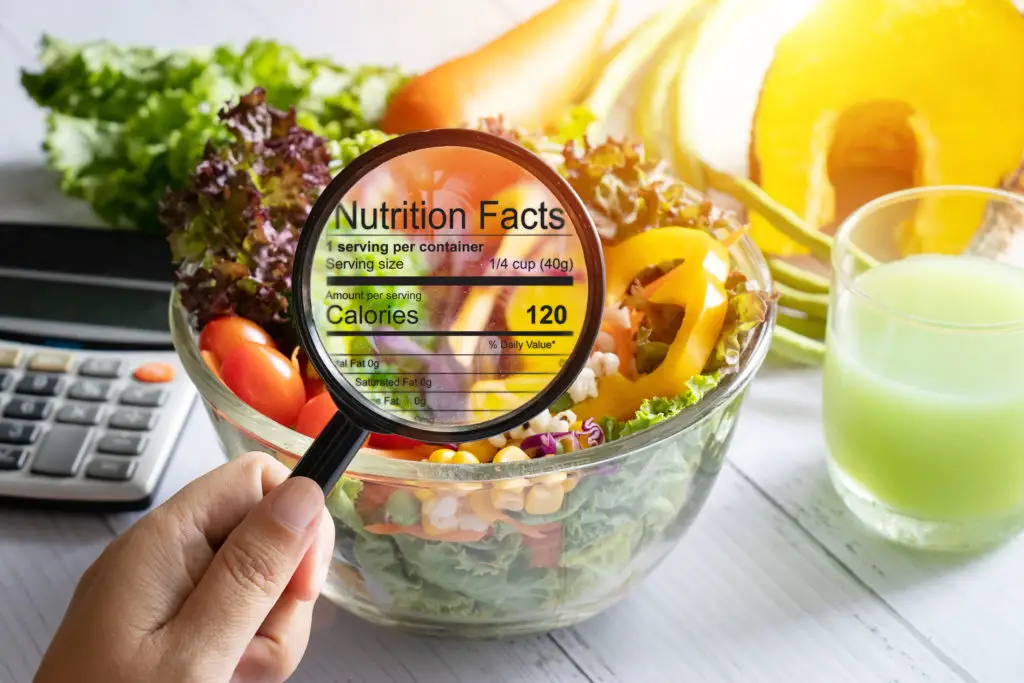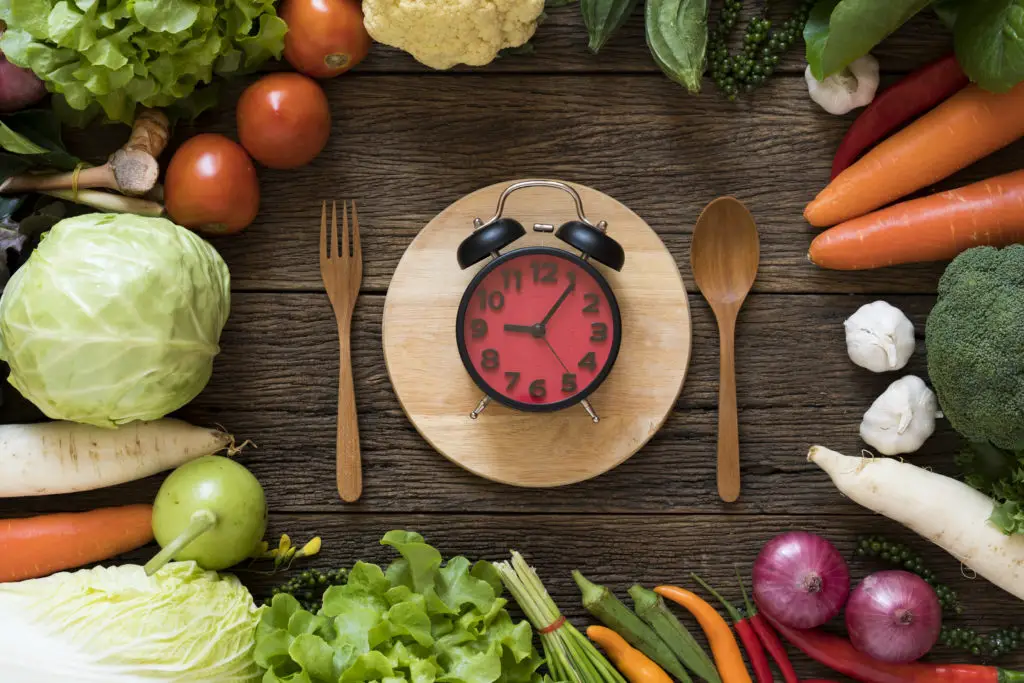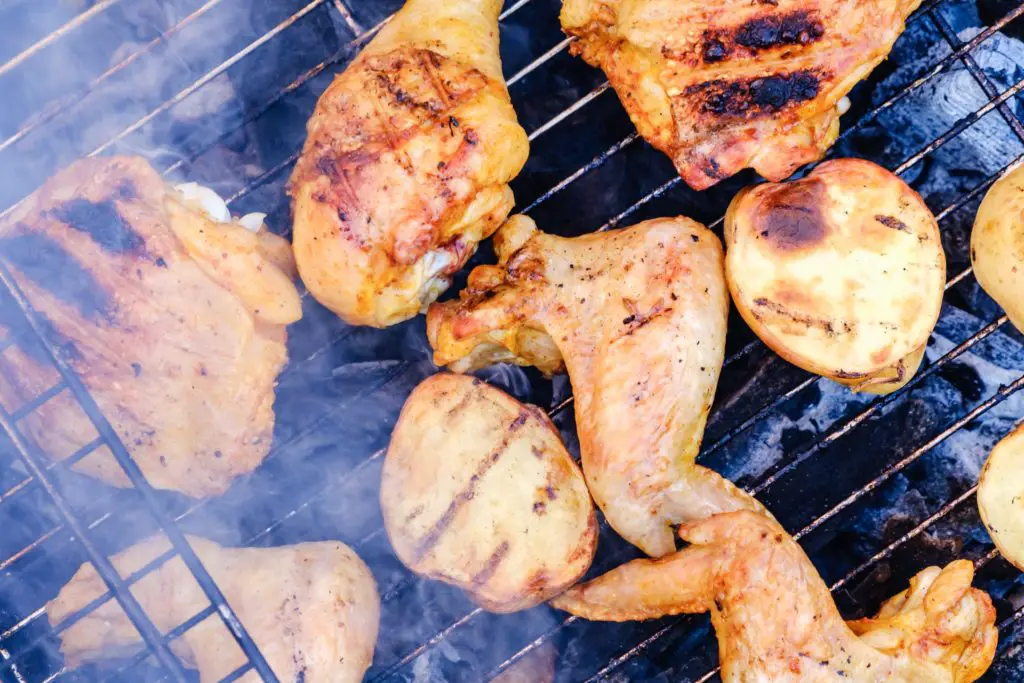
Pressure cookers are making a comeback in a big way, as we continue to learn more about what they can do, how they can be used, and how to achieve perfectly cooked food each time. If you’re not familiar with how these devices work, the technology behind them is actually very simple. Pressure cookers consist of pressurized pots that are designed to cook food to perfection using steam and higher temperatures.
The steam and pressure provide the cooking power, not the heat. These appliances have seals and valves that lock the heat in, to create an environment that’s very high in pressure. This increases the water’s boiling point, forcing the moisture in the food to form steam.
This will help food to cook food much faster, while sealing in moisture and flavor. But since these appliances can cook food up to six times faster, does pressure cooking kill nutrients like microwaving food can? Can cooking food at this higher temperature negatively impact flavor, texture, and digestion? Let’s find out.
Table of Contents
Modern Pressure Cookers
If you’ve used a pressure cooker before, then there’s no doubt you know how invaluable they can be in a busy household when mom or dad just don’t have two hours to dedicate to getting dinner on the table. It will also be a lifesaver if you have unexpected guests stop by or you forgot to defrost meat before you left for the day.
There are many benefits linked to pressure cooker use, but many people are hesitant to give these appliances a shot because they believe that cooking food at such an impressively fast rate must have its drawbacks.
With new models, pressure cooking is a healthy, faster way to prepare food for the whole family, in a fraction of the time it would take preparing the same meal in the oven. But to some people, the ability to cook food six times faster, with results that are better than what you’ll get from cooking on the stove or in the oven, seems too good to be true.
Many people mistakenly believe that this type of faster cooking time tends to zap many of the food’s vitamins, minerals, and other types of nutrients, just like microwaves do, so what’s the truth?
Scientific Evidence
Scientists have studied the effects that pressure cooking has on food and many have found that a food’s nutritional content is not hindered by a faster cooking time. Typically, high heat cooking is often associated with a loss of vitamins. Additionally, studies in the past have shown a link between meat that has been cooked at a higher temperature and certain carcinogens found in the meat as a result.
Since the pressure cooker is designed to prepare food so fast, it makes sense that some of the nutrient content gets destroyed, however, according to scientific evidence, it doesn’t.
A study that was conducted in 1995 showed evidence that pressure cooking food helped to retain more of the food’s nutrients compared to other cooking methods.
Cooking Length

Cooking food at a higher temperature will not eliminate nutrients. In fact, you’re more likely to lose important nutrients when you cook the food longer, at a lower temperature, on the stove. In reality, it’s not the temperature that the food is cooked at, but how long the food is cooked for.
When you cook food for a shorter length of time, it helps to preserve the nutrients, even though the food is cooked at a higher temperature.
As an example, when you prepare a pot of veggies on the stove, slow boiling them for forty minutes, the vitamins and nutrients in the veggies tend to leach into the water. When you cook these same veggies in a pressure cooker for ten minutes, the nutrient content is retained in the food and has nowhere to go.
The shorter cooking time prevents the loss of essential vitamins and minerals, which makes using a pressure cooker to prepare your veggies a much healthier alternative. When you cook veggies in a pressure cooker, you don’t have to use as much water compared to boiling veggies on the stove. This means less water will come into contact with the food, so it cannot leach the veggies of their essential vitamins and minerals.
The Power of Steam
Steam is a great way to cook meats since it promotes a softer, juicer texture and will prevent the meat from drying out.
During the cooking process, most models of pressure cookers will require you to allow it to release pressure naturally, so it can cool down before you remove the lid. This allows the steam to condense back into smaller amounts of liquid inside the pot, so you can consume all of the liquid with your meal, further limiting the loss of nutrients.
Aids in Digestion
Cooking legumes and grains in a pressure cooker also allows you to digest them easily since the cooking process works to reduce lectins and phytic acid. A study conducted on peas found that when the peas were soaked for several hours, then boiled, the phytic acid content was reduced by twenty-eight percent. However, peas that were soaked for several hours and cooked in a pressure cooker had a phytic acid reduction of over fifty percent.
Phytic acid is what binds vitamins and minerals in the digestive tract and it’s what prevents the body from absorbing them. When the phytic acid content is reduced in legumes and grains, the nutrient availability in the food is made more digestible.
Since pressure cooking is a great way to reduce lectins, many scientists believe it’s a cooking method that’s on par with fermentation. Many studies have found that pressure cooking is one of the leading ways to cook grains and beans that have soaked overnight.
Carcinogens

When cooked at a higher temperature, certain foods such as potatoes tend to form acrylamides, which are a type of carcinogenic compound. However, some of these same compounds are unable to form inside a pressure cooker because of the trapped steam. These compounds are often found when dry cooking methods are used, such as grilling or roasting.
A study found that a potato that was cooked at a higher pressure for a period of twenty minutes contained no carcinogenic formations compared to other types of cooking methods.
Denaturing
Pressure cooking proteins can cause the meat to denature, but this is common with every type of cooking method. This is because cooking will begin to break down the protein in food, which is what makes it easier for the body to digest.
Denaturing is a term used to describe the process in which meat becomes tender when cooked. With that being said, you want your protein source to become denatured since it’s exactly why you cook meat in the first place.
Some cooks will argue that using a pressure cooker actually makes proteins easier to digest. There have also been some studies that have shown that pressure cooking works to increase a protein’s digestibility since it makes the meat so tender.
Why it’s So Healthy
As you can see, using a pressure cooker to prepare your food is actually a much healthier alternative to boiling, baking, and grilling, since it cooks food faster, allowing the food to retain its nutritional content.
However, you’ll need to keep a close eye on your food the first few times you use your new model, unless you have a pressure cooker such as the Elite Platinum, which allows you to customize the settings. If you’re using an older model, it can easily turn your veggies into mush if it’s cooked for too long.
The fact that these appliances can increase the digestibility of certain foods and cook food impressively fast makes it one of the most reliable and beneficial appliances in your kitchen. It’s also a great choice for last-minute meals.
That’s right, you can also cook frozen meat in a pressure cooker, without it negatively impacting the taste of the meat. But you’ll need to use a good pressure cooker to get the job done right. That means a modern model and one that comes loaded with the latest cooking and safety features.
Final Thoughts
Are pressure cookers worth it? If you’re looking for a faster, more efficient way to get dinner on the table, and one that actually improves the texture and flavor of your food, then yes. Does pressure cooking kill nutrients? No, it doesn’t. It actually does a much better job of retaining a food’s nutritional content, especially when compared to grilling or boiling.
Remember, it’s not the temperature the food is cooked at, it’s the length of time the food is cooked for. With that being said, you now have every reason to run out a buy a new pressure cooker, and you’ll be blown away by all the many benefits these appliances have to offer, a faster cooking time being just one of them.
Originally posted 2019-12-14 12:37:33.


![7 Best Island Punch Pucker Substitutes [ALMOST Identical]](https://wowcookery.com/wp-content/uploads/2022/05/island-punch-pucker-90x75.jpg)
![10 BEST Luxardo Bitter Bianco Substitutes [ALMOST Identical]](https://wowcookery.com/wp-content/uploads/2022/05/luxardo-90x75.jpg)






